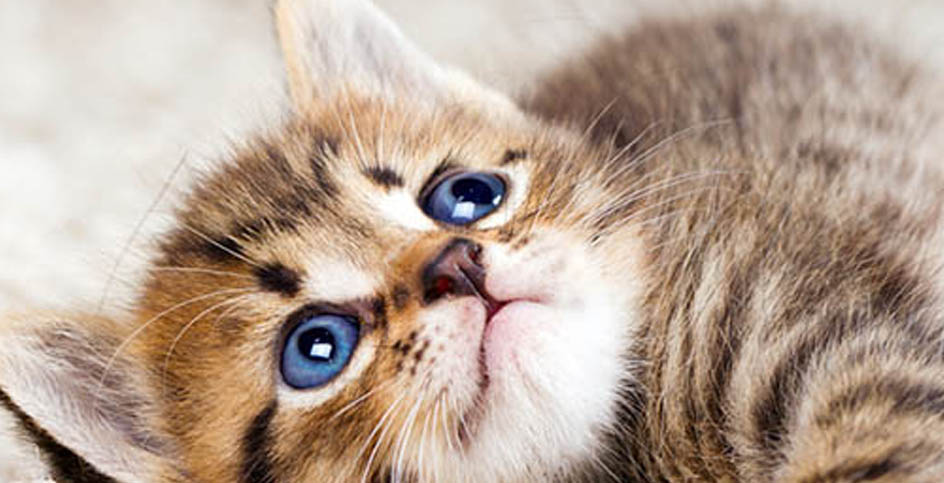- care
The best way to welcome a cat

Before welcoming a cat, you must have prepared a room for it to have a place where it can feel comfortable, rest calmly and function. It will also need time to adjust.
However, it may take a few days to settle. There is no need to worry, as cats are often disoriented, nervous and scared, so it is best to leave it completely free. Do not make it nervous. It will require much attention, care and time, so all family members should love it and consider it as one more member at home.
At first, the kitten will not need the whole house; however, as it gains confidence it may like to explore. If it is a very young cat, it may take a while before it leaves its small space or the room where its litter box is located.
An essential element in the life of cats is food. From the beginning, you have to give it dry food not mixed with anything else, since this covers all its nutritional needs. Should it be a young kitten, there is a croquette adapted to their small teeth and nutritional needs. Between four and twelve months there are also specific nutrients, and after one year, they will eat adult food.
Cats will need many instruments throughout their lives, as they can live over 15 years, and from day one they must have everything at their disposal. To this end, you will need to buy: a litter box sand, a food dish, two drinking bowls, treats, toys, brushes, combs, a scraper, a bed and a carrier, among other things.
Another thing you can do to make the cat's entrance more enjoyable is to use its pheromones, the substances used by cats to mark their objects and their territory. We must take a cloth or piece of fabric with which we will rub the cat's cheeks, perineal area and plantar foot pads, and then with this cloth we will rub the feeders, sand tray, carrier, and so on. Thus, when it gets home it will recognise its scent on the different objects, and it will feel calmer and adapt to its new home faster.
As cats are very curious animals and very eager to explore, we must prevent it from suffering poisoning by harmful products that may be within reach through careless placement and we must take into account the risk of burns with stoves, boiling oil, ovens or cooking hobs. Injuries are another frequent accident due to the falls that occur given their penchant for walking at heights. Also, we must monitor the possible ingestion of foreign and small bodies. Should you notice an unusual behaviour, it is advisable to take it straight to the vet.


